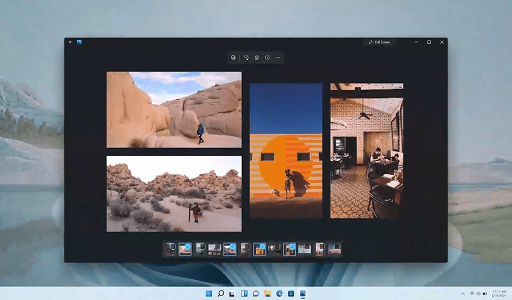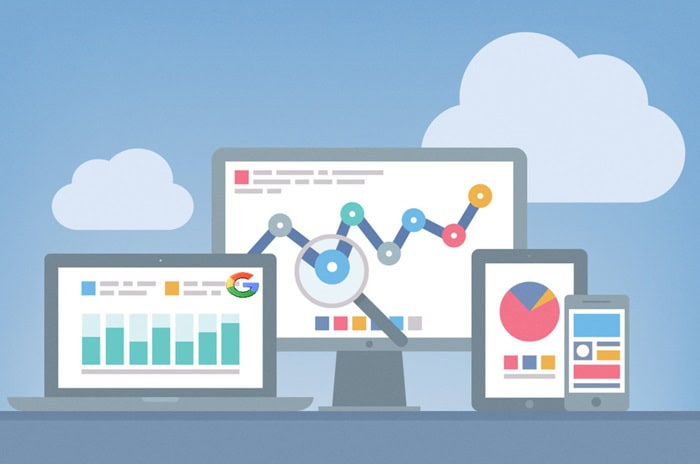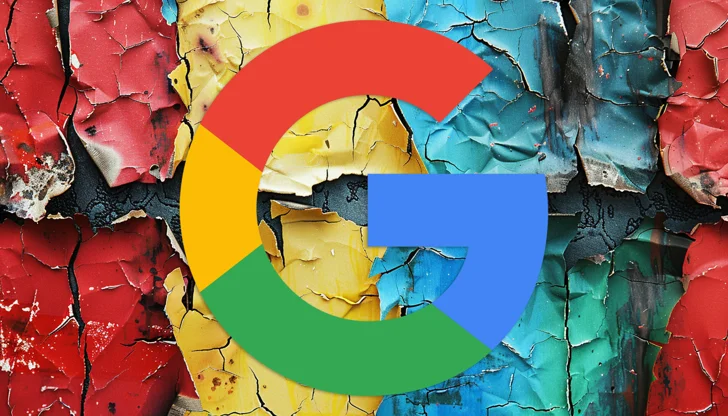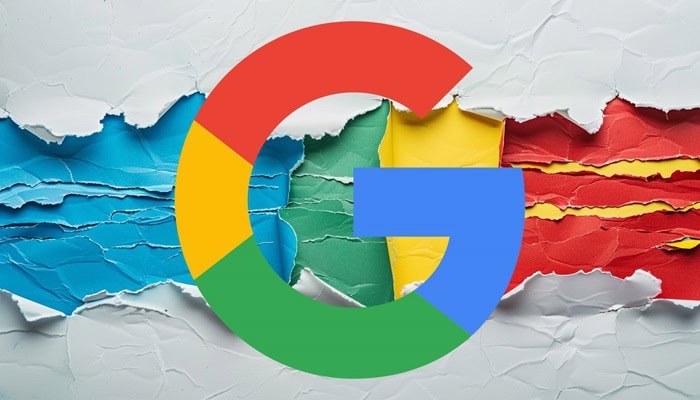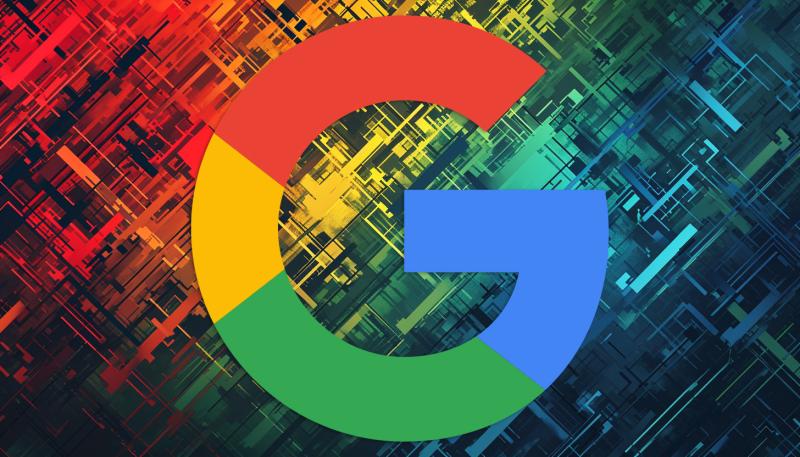John Mueller from Google discussed a query about the status of the core update in March and whether it is okay to begin remedial actions because of it.
The individual who asked the question wanted to know if the core update was complete as his traffic had dropped by 60%. He was waiting for the update to be finished to do remedial actions to help his site rank again.
“People advised me against making drastic changes to my blogs while the core update was ongoing. Unfortunately, I’ve experienced a significant loss, about 60% of my traffic, and now I’m determined to restore these numbers.
Do you have any tips for me? It appears that my pages, including (purchased) backlinks, have been most adversely affected!”
The guidance provided to the Redditor, advising them to wait until after an update is completed before attempting fixes, is generally sound advice, albeit with exceptions.
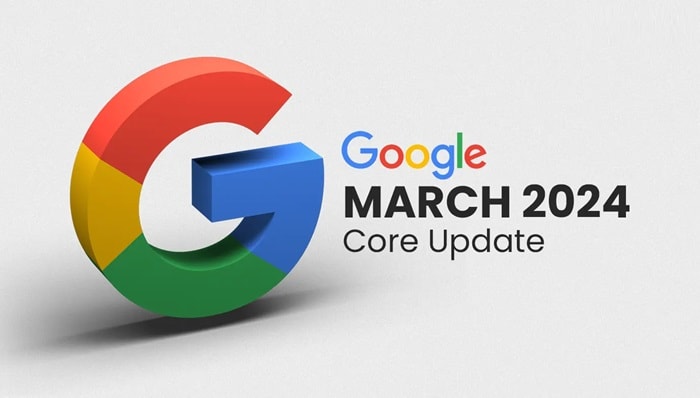
The March 2024 Core Algorithm Update
The core algorithm updates are changes related to all the search algorithms that Google uses. In that context, ranking is a section and a part of the very basics; it is called the Core Algorithm of Google.
This ranking system comprises several interconnected components responsible for interpreting search queries and webpages, weighing different factors in terms of their context and intent of the query, and determining relevance, quality, and page experience, among other considerations.
Besides this, there are different types of mechanisms for spam detection, such as RankBrain, in the core algorithm framework. Perhaps that is why the March 2024 Core Update has been running for a really long time.
John Mueller acknowledged the ongoing status of the March Core Update, clarifying:
“No, it’s not complete. It’ll be labeled complete when it’s finished rolling out.”
Is it Wise to Delay Fixes Until the Update Concludes?
Mueller proceeds to tackle the aspect of the inquiry concerning whether it’s prudent for the individual to postpone site fixes until the update reaches completion.
His response was as follows:
“Regardless, if you have noticed things that are worth improving on your site, I’d go ahead and get things done. The idea is not to make changes just for search engines, right? Your users will be happy if you can make things better even if search engines haven’t updated their view of your site yet.”
In fact, John Mueller makes a very good point in saying that whenever one goes through a website and finds out its shortcomings, the time to act on them is anytime.
Sometimes it needs to be realised that the rankings change a lot in the algorithm update phase. As a matter of fact, changes in drastic ranking do revert back by the time the update gets over. Hence, interference to “correct” something before an update gets over may end up changing things that actually do not need correction.
In this case, however, John Mueller’s suggestion to start fixing the issues found was perfectly in order, considering that the Redditor mentioned paid links as one of the probable causes for their decrease in ranking.
But if paid links or aggressive link building—for example, guest posting with keywords stuffed on anchor text—is not part of your strategy, then you can afford to wait for further developments.
Google’s own documentation points out that this was a specifically complex update, and the fluctuations may continue to happen, which could mean that sites that lost rankings may recover.
“As this is a complex update, the rollout may take up to a month. It’s likely there will be more fluctuations in rankings than with a regular core update, as different systems get fully updated and reinforce each other.”
Mueller’s subsequent guidance underscores the importance of directing efforts toward optimizing websites for people rather than solely for search engines. His emphasis lies in encouraging optimization for “users,” indicating a focus on enhancing the experience for site visitors.
Google’s Advice For Websites Affected By Helpful Content Update
The remainder of Mueller’s response entails:
“Also, while I don’t know your site, one thing you can do regardless of anything is to work out how you can grow alternate sources of traffic, so that when search engines revamp their opinion of your site, you’ll have less strong fluctuations (make things more independent of search engines).
And, once you go down this path, you’ll probably also notice that you focus more on building out value for users (because you want them to come & visit & recommend on their own) – which is ultimately what search engines want too.”
Mueller’s response holds significant value because aligning with the practice of optimizing for people coincides with Google’s criteria for ranking websites.
Optimizing for people transcends mere catchphrases like “make your site awesome” or “content is king.” It represents a tangible strategy for creating and refining websites with formidable ranking potential.
The recent U.S. government anti-trust lawsuit against Google underscored the significance of the Navboost signal, which tracks user interaction signals, as a potent ranking factor. Google’s responsiveness to user interaction signals emphasizes the importance of creating websites that elicit positive responses, as outlined in the Navboost Patent.
Would you like to read more about “Google on When to Fix Websites Affected by the March 2024 Core Update” related articles? If so, we invite you to take a look at our other tech topics before you leave!
Use our Internet marketing service to help you rank on the first page of SERP.






